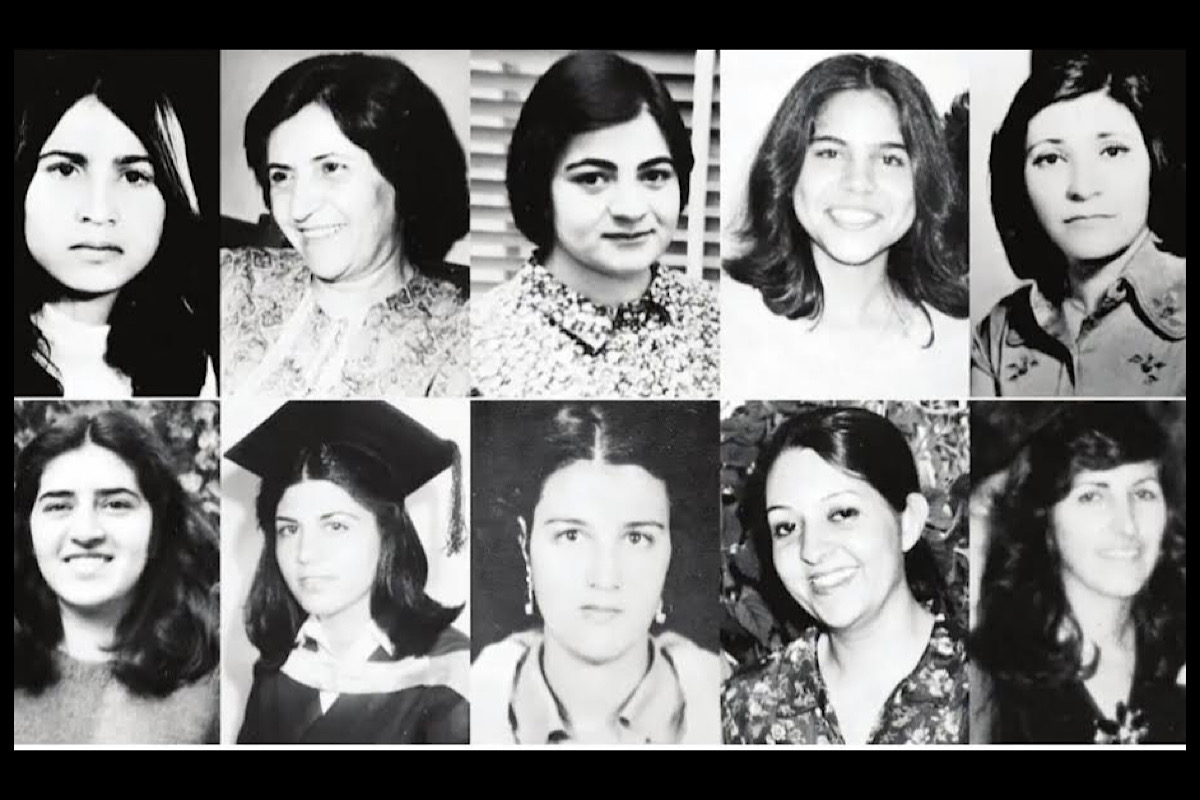TMC blames BJP for explosion, violence
Violence erupted again at Rejinagar in Murshidabad district on Wednesday evening, injuring around 20 people.
Every generation, every century, every age, every nation, every religion, every great movement has its martyrs, indomitable men and women who lay down their lives for a great cause.

Representation image (photo:SNS)
I ndeed, every generation, every century, every age, every nation, every religion, every great movement has its martyrs, indomitable men and women who lay down their lives for a great cause. The dictionary defines a martyr as “one who chooses to suffer or die for one’s faith or principles.” June 2023 marks 40 years since the execution of 10 Bahá’i women in Shiraz, Iran. All were executed on one night for their beliefs.
Their tragic story, however, is not over. The story continues to unfold today as women in Iran follow the same path, make the same choices: to champion the principles of justice and equality at any cost, even their lives. Every day thousands of people die or get killed due to various causes. While we mourn the deceased, when news reaches of those who are given the appellation of “martyrs” we are curious to know who they are.
At the same time there are crazed fanatics, like suicide bombers, who blow themselves up. I would submit that these fanatics aren’t martyrs at all, and that their homicidal acts against innocents are a grave affront to the real spirit of “martyrdom”.
Advertisement
In fact, these suicide bombers tend to be young, impressionable and misguided by those who use them as pawns in larger struggles, associated with religion or an ideology in name only. Used as unthinking weapons, these walking bombs take the lives of others, something a true martyr would never do.
Let it be widely known that the 10 Bahá’i ladies, both young and old, who sacrificed themselves were highly respected, gentle and noble human beings, much loved by their families and many in the city of Shiraz; today they are globally remembered.
Contrary to the Iranian government statements, they were executed on 18 June 1983 solely for their religious beliefs and it is important to honour their memory and understand the situation in the backdrop of the long struggle of Iranian women for equality and justice.
To this end, a global campaign themed: “our story is one” has been launched. In every country, members of the Bahá’i community and their friends besides organising special prayer services are encouraging everyone who feel inclined to contribute in different ways such as composing songs in memory of the 10 women; creating short videos about their lives; sharing of memories by inviting those who had personal acquaintance, or have heard from their surviving relatives and friends.
Yet other ways to bring alive the heroism and sacrifices of these 10 holy souls could be artistic expressions such as drawings and nukkad natak (street plays). The media could have their share in this memorable cause by publishing articles or interviewing persons authentically connected with current developments in Iran, persons who are aware of the serious human rights violations and a host of other atrocities perpetrated daily at the instigation of those who hold the reins of power in that country.
The campaign will last for one year, and would focus on the resilience of the Iranian Bahá’i community, who have responded not with violence and outrage to their oppression but with “constructive resilience” – a distinctively non-adversarial approach to social change under conditions of violent oppression.
The past 40 years have clearly shown that continued international pressure is the best – and perhaps the only – method of restraining Iran’s theocratic rulers from acting on their deeply held prejudices towards minority groups including the Baha’is on the one hand and the empowerment of girls and women, in general.
It is the conviction of all Bahá’is, numbering some seven-million worldwide that however difficult matters are at present, and however close to the limits of their endurance some sections of societies are brought, humanity will ultimately pass through this ordeal, and emerge on the other side with greater appreciation of its inherent oneness and interdependence.
Once a news reporter asked Nelson Mandela at Robben Island where he was incarcerated for 27 years, what was his definition of a martyr. Mandela said, “One who dies for a universally just cause is a martyr and his ideological leanings or inclinations just don’t matter at all.” This is true of the 10 Bahá’i women who drained the cup of martyrdom offering up their lives to something larger than just their own personal concerns or the fleeting fancies of this mortal heap of dust.
(The writer is a social worker, independent researcher and an active member of the Bahá’i community of India. The views expressed are personal.)
Advertisement